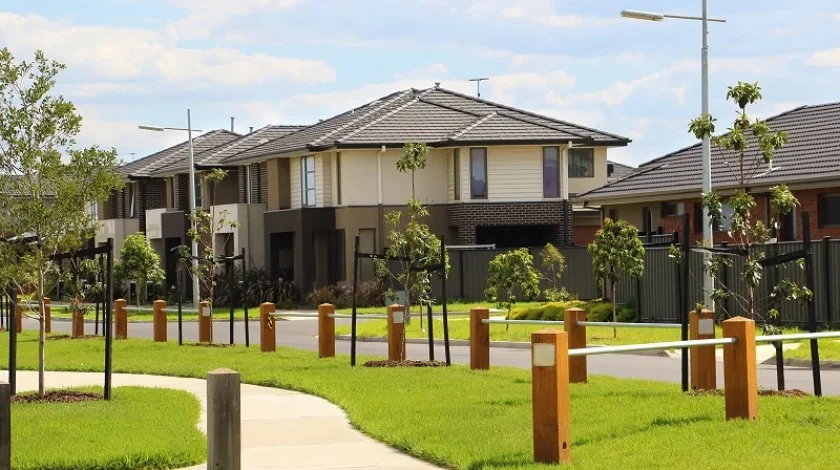In recent weeks, the NSW Government has proposed the Fair Trading Amendment (Short-term Rental Accommodation) Bill 2018 (Airbnb Reform Package). The introduction of the reform package aims to clarify whether an owner’s corporation can impose a by-law preventing short-term letting of a residential property.
In light of the introduction of this Bill, it is important to consider the Reform Package’s possible effects on you, whether you are a host of, or a neighbour to short-term rental accommodation.
Current Law
Currently, Section 139 of the Strata Scheme Management Act NSW 2015 (‘The Act’) restricts an Owners Corporation’s ability to adopt by-laws. The restrictions imposed by section 139 results in by-laws that cannot:
- Be unjust, harsh, unconscionable and oppressive;
- Prohibit the transfer of a lot within a strata scheme or the transfer, lease or mortgage of a lot within the strata scheme;
- Restrict children occupying the strata scheme; or
- Prevent the keeping of assistance animals.
Further to this, the NSW Civil and Administrative Tribunal have disputed the enforceability of owner’s corporations adopting of by-laws, due to the possible contravention of section 139 of the Act.
Implications of the AirBnB Reform Package
In an effort to address the harsh restrictions imposed by the Act, the Government has proposed various amendments to the Act through the AirBnB Reform Package.
The reformation will allow an owners corporation to pass a by-law which prohibits an owner of a strata lot to use their lot for short term rental accommodation if the lot is not the owner’s principal place of residence.
Further to this, the proposed amendments attempt to clarify where a by-law is unenforceable to the extent that it seeks to prevent an owner using their lot for short term rental accommodation, if the lot is the owner’s principal place of residence.
The reform package will also introduce a mandatory code of conduct and a complaints system which will apply to online platforms such as Airbnb. This includes a mandatory code of conduct ‘two strikes and you’re out’ policy, as well as a complaints system which will be available to neighbours of short-term rental accommodation, strata committees and Owners Corporations.
Minister Matt Kean applauded the reformation stating that the Government is “about to introduce the toughest laws in the world when it comes to bad behaviour“, as guests and hosts who commit two serious breaches of the code within two years will be banned from all short-term accommodation platforms for five years.
However, while the proposed regulations do provide some relief to the restrictions imposed by the Act, there still remains the need for a stricter and more clearly defined model to regulate the industry.
The reform package lacks certainty and clarity. This uncertainty is particularly evident in whether any by-laws restricting short term letting which had previously been adopted by an owner’s corporation will still stand under the reform package.
Additionally, the proposed law reform will not stop owner’s corporations from introducing other measures that will govern how short-term rentals will work within their strata schemes.
If you have a query relating to any of the above information, or would simply like to speak with one of our Commercial Property lawyers regarding the Airbnb Reform Package, please don’t hesitate to get in touch with us.













